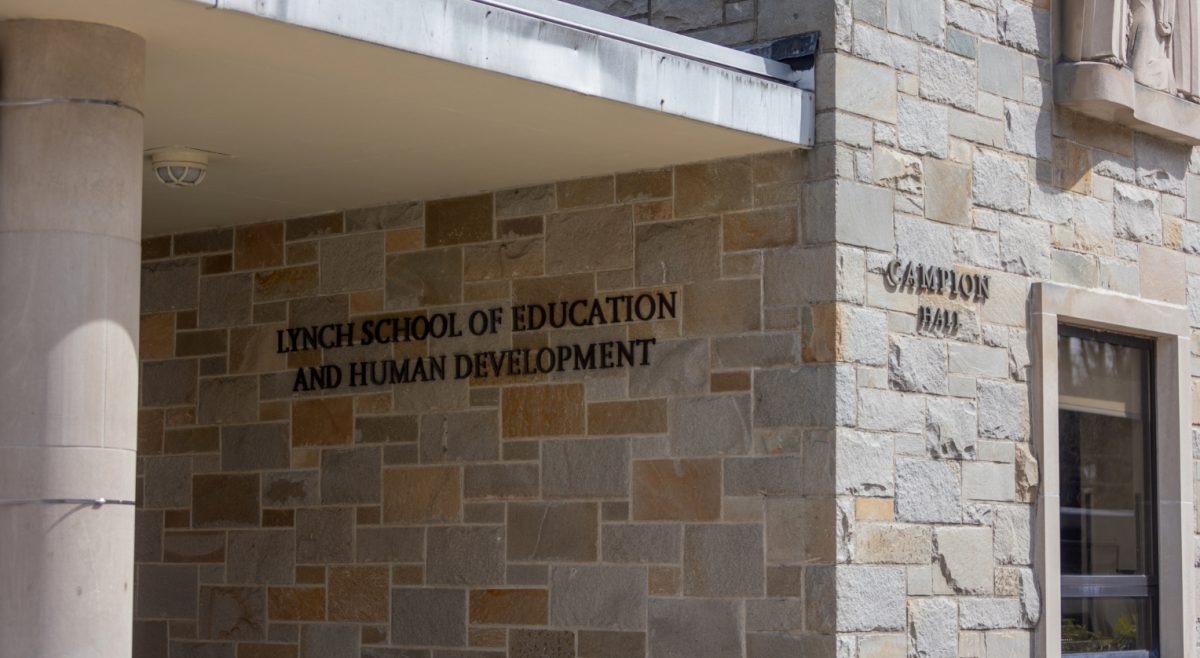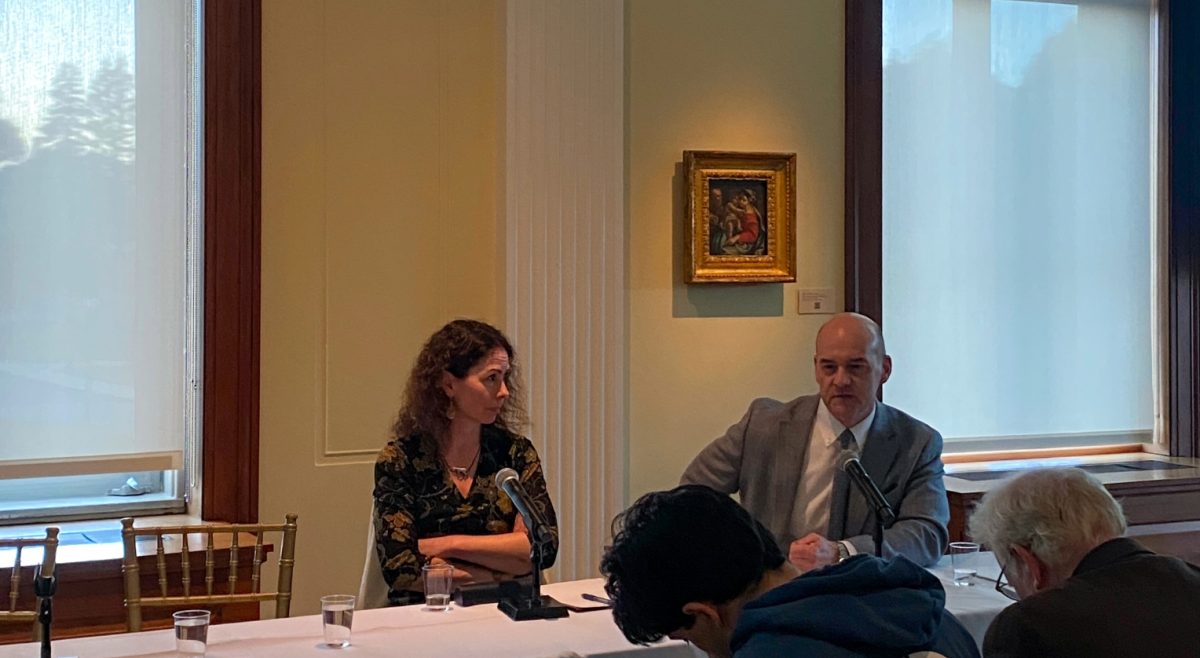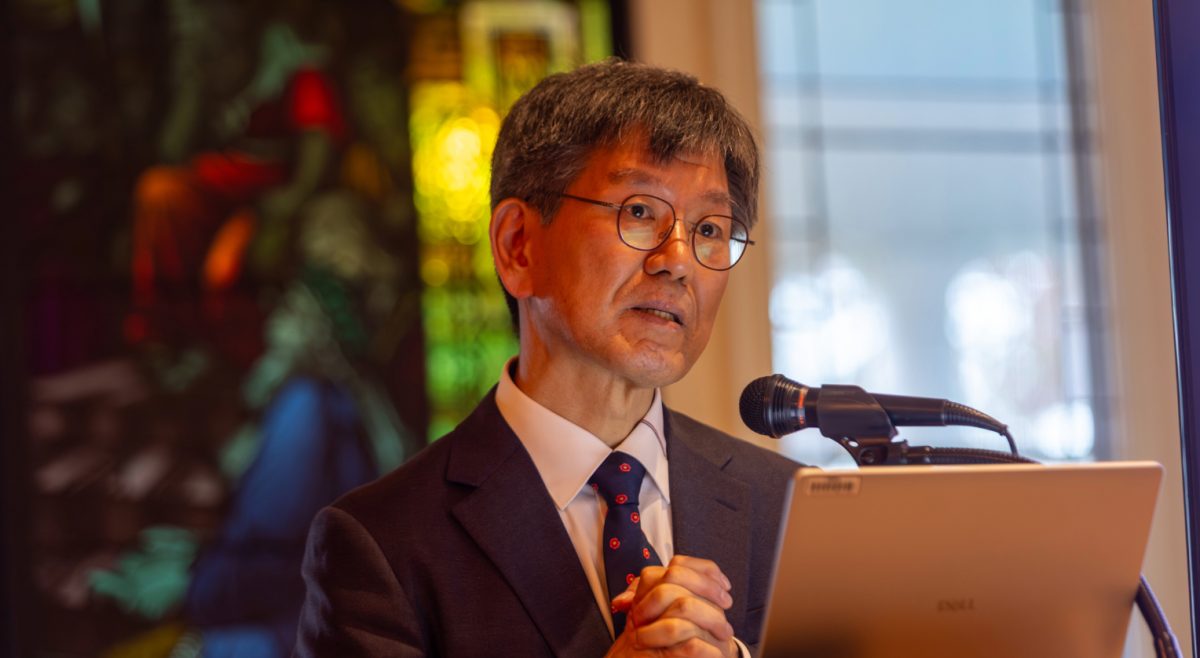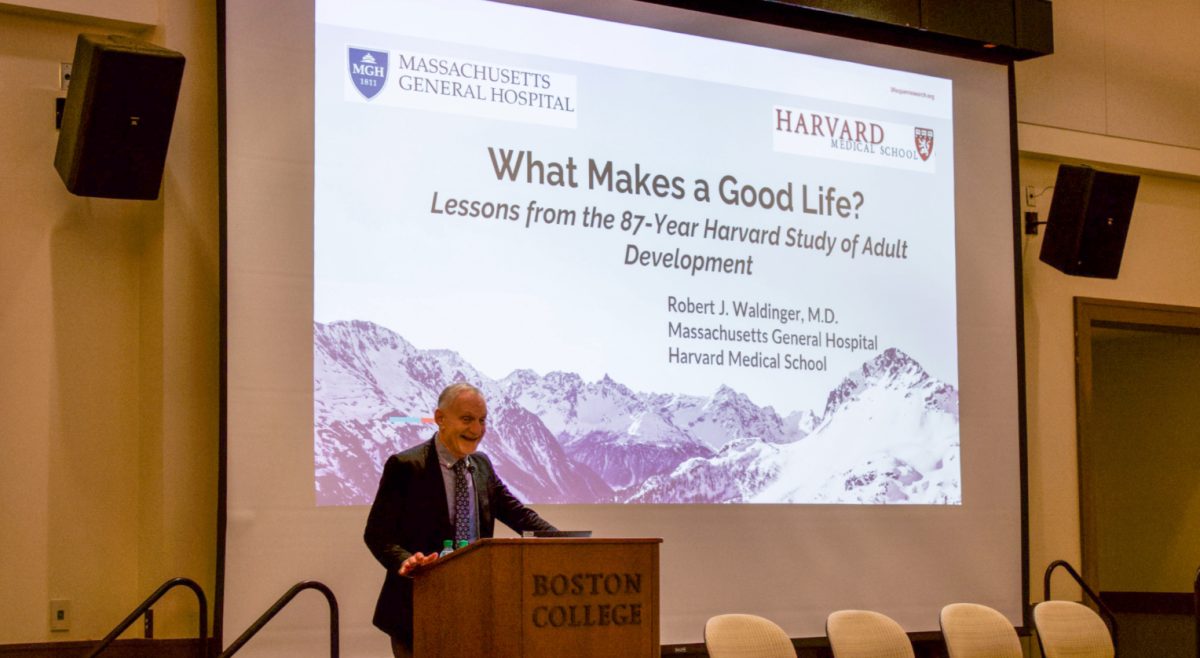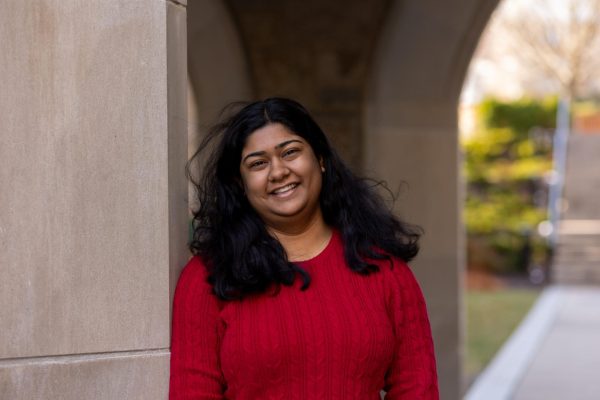The Lynch School of Education and Human Development (LSEHD) will launch the Transformative Education Lab this fall, an initiative designed to promote holistic human development in education by centering on students’ intellectual, emotional, and ethical growth.
“The transformative education lab is a hub for holistic human development,” said Deoksoon Kim, a professor in the teaching, curriculum, and society department and the lab’s inaugural director. “Formative education is a kind of learning that develops a whole person. We need to focus on helping students cultivate their critical thinking, self-awareness, and moral responsibility.”
Kim, who previously ran a non-profit school before becoming a professor, said she has long been motivated by the goal of forming students to be active contributors in the world.
“I always wanted to be part of [making] someone a useful person in the world,” Kim said. “And BC is doing amazing work in formative education.”
The lab will serve as both a research hub and a bridge to the broader community, according to Kim.
“We want to make a bridge outside the university so others can learn what we are doing,” Kim said. “There are a lot of amazing activities out there, but they’re doing their own thing. I want to connect them.”
One of the lab’s first initiatives is a grant competition for K–12 teachers. Kim said teachers can either showcase projects they are currently working on or propose ideas—lesson plans, curriculum, and after-school enrichment programs.
“There’s two options,” Kim said. “One is that [teachers] can showcase that they’re doing amazing things already, and secondly, they can propose what they want to do. It can be lesson plans, it can be a short curriculum, or it can be after school enrichment programs.”
Kim said she hopes the projects allow students to connect with their own identity and purpose in the world.
“[The initiatives] let students really dig deep, to a deeper level of who they are, what they are, what they ought to do,” Kim said.
Kim emphasized that transformative education requires teachers to be adaptable.
“Teachers need to be flexible and willing to take risks in learning new technologies,” Kim said. “Because the world is changing, you need to be kind of flexible, to see what’s coming.”
Stanton Wortham, inaugural Charles F. Donovan, S.J., dean of the LSEHD, echoed Kim’s vision, situating the lab within Boston College’s long-standing commitment to formative education.
“The central idea is that Boston College has developed a set of approaches, ideas, and techniques for trying to do this holistic form of education,” Wortham said. “So we think [BC]—both in the research that gets done here and in the practices that have been built up and perfected here—has an approach that’s useful to others out in the world, could be K–12 school teachers.”
The lab’s creation comes at a pivotal time for students across the world, Wortham said.
“Kids were suffering—stress, burnout, suicide rates were increasing again, not just here in the US or in the West, but worldwide,” Wortham said. “And that’s what’s great about the BC approach to formative education. It’s an attempt to say we’re going to embrace the whole person, the whole developing person, and try to facilitate all those different dimensions of development.”
Globally, Wortham said there is growing momentum for the educational approach the lab is advancing.
“It seems to me, over the last decade or so—not just in the US, but around the world—there’s been a real embrace of a more holistic approach,” Wortham said. “The work that the transformative education lab does, I think, meets that need.”
For Wortham, teaching is a profession rooted in care and responsibility.
“Teaching is a profession, and it’s a whole person profession,” Wortham said. “To be a good teacher, you have to be committed to it.”
As the lab moves forward, both Kim and Wortham emphasized that its mission is to form students not only as learners, but as well-rounded people prepared to live meaningful lives.
“We’re trying to help people develop intellectually, emotionally, socially, ethically, and spiritually,” Wortham said.
Kim put it more simply: “Learning has to be taking ownership,” she said. “Formation is this reflective way of thinking, living, and also discernment.”

